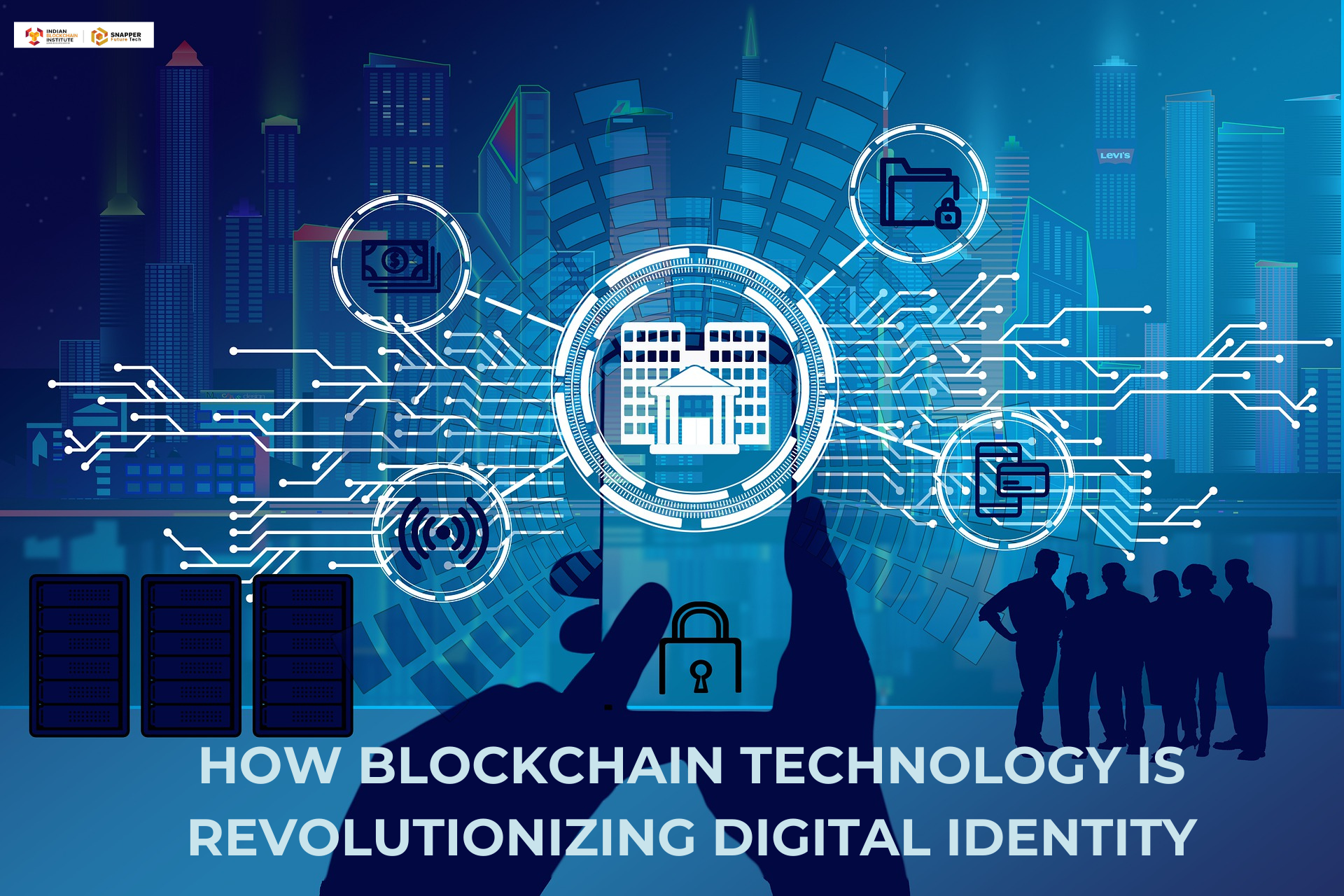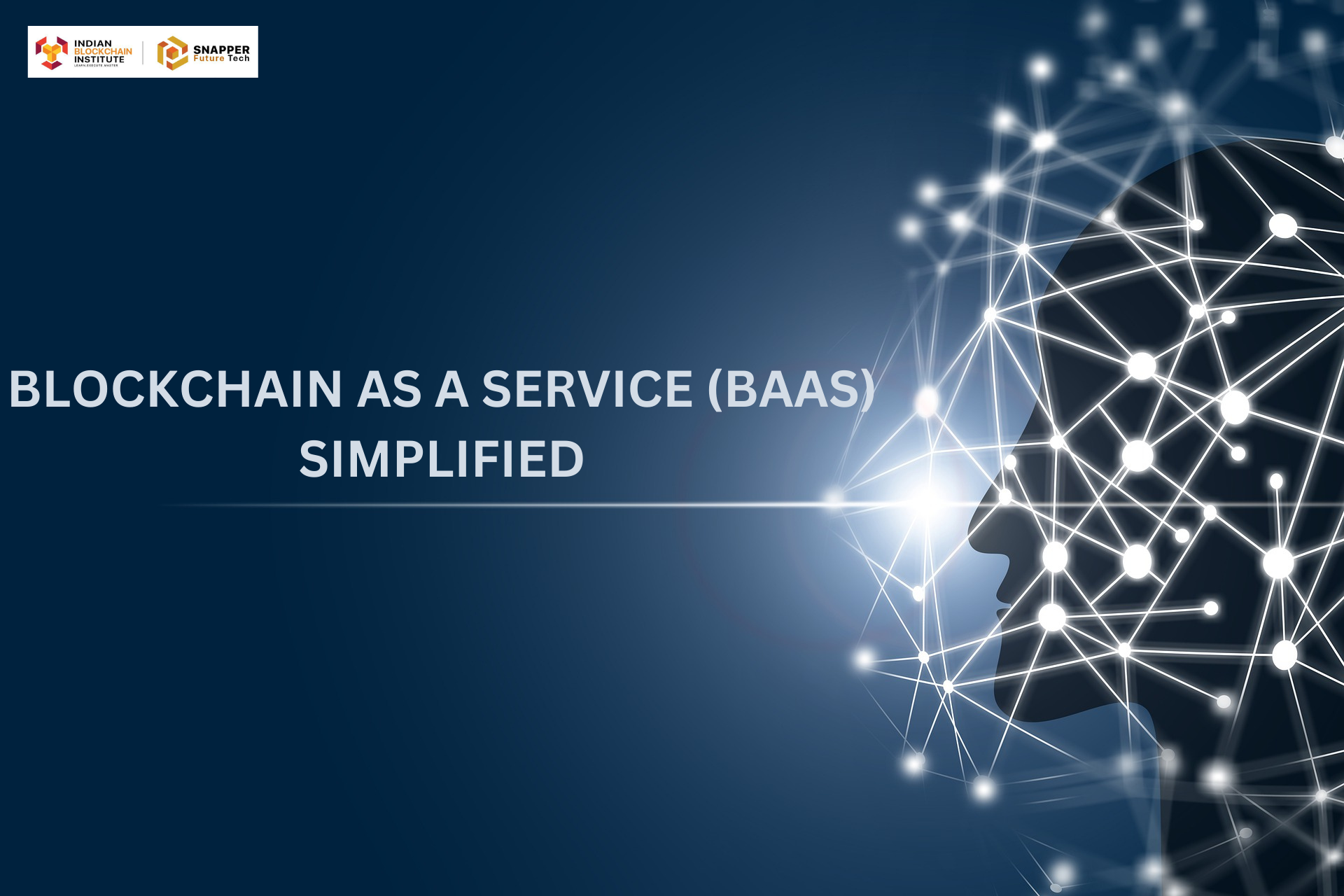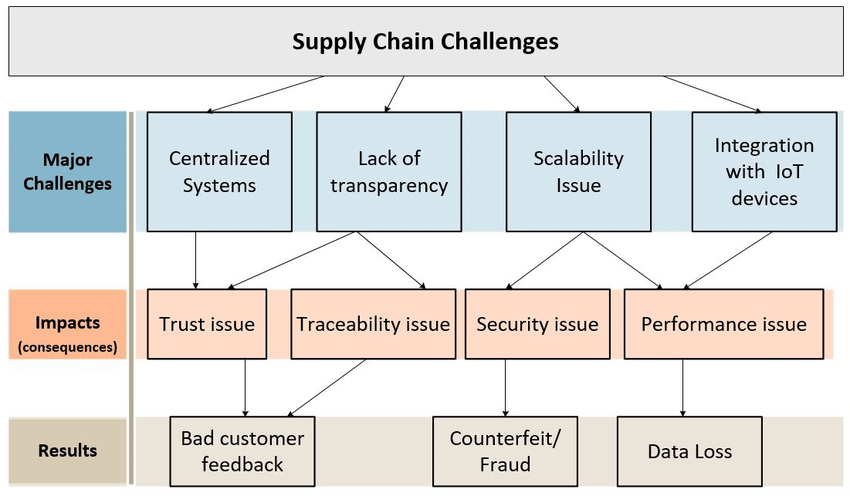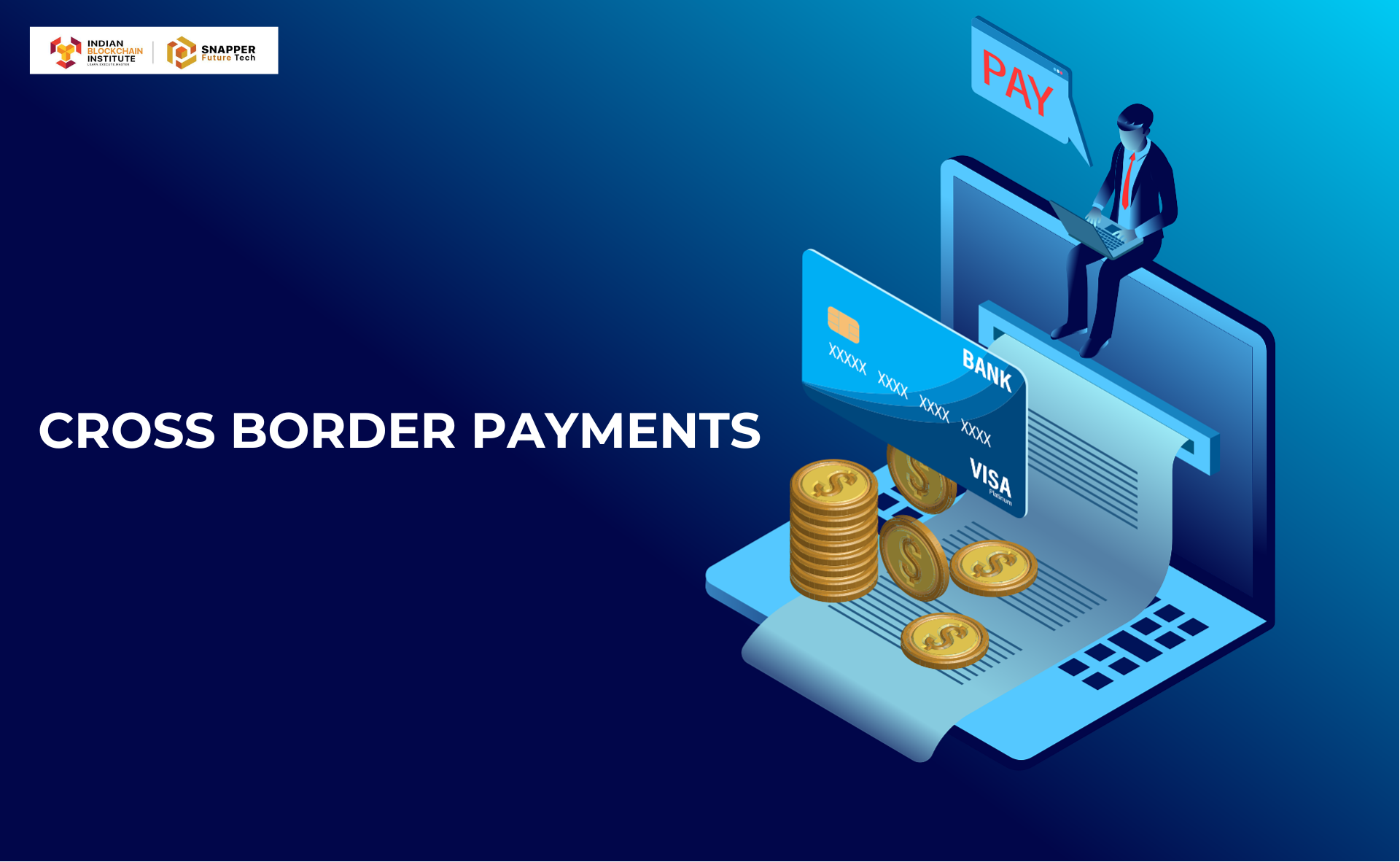Blockchain technology is having a significant impact on identification and security, bringing numerous essential benefits. The digitalization of credentials holds immense transformative potential for everyday activities. Despite the existence of cell phones and the internet for many years, the concept of digital credentials is still relatively nascent. This is because the underlying technology, Blockchain, which provides verified digital credentials, has recently reached the necessary maturity level for widespread use and adoption. The advent of blockchain technology has enhanced the efficiency, security, and cost-effectiveness of Web3 applications. Users can now submit information with a credential, either physically or digitally, to a verifier who can quickly authenticate whether the credential belongs to the claimed user. This eliminates the need to keep multiple physical papers or documents, reduces the risk of fraud, and allows holders to share only the necessary information with the verifier.
Blockchain is revolutionizing the way identity and security are maintained due to its decentralized structure, immutable records, secure transactions, and digital identity verification capabilities. This cutting-edge technology promotes transparency, increases productivity, and provides enhanced protection and privacy for sensitive data
The significance of blockchain in ensuring the security of digital identity
With the advent of Industry 4.0, rapid technological advancements have surpassed previously established standards. In this era, the world is embracing autonomous and intelligent systems powered by machine learning and data. Amidst this transformation, digital identity plays a crucial role in the realm of digital services.
Digital identity verification and authorization have become critical processes in various industries, including banking, healthcare, e-commerce, and national security. However, the absence of a standardized approach to safeguarding personal information has led to an increase in data breaches and cyberattacks. Blockchain technology is emerging as a significant disruptor in this field, offering a secure and efficient method of transaction.
Blockchain technology records digital identities as self-asserted blocks. These blocks contain the user’s identity attributes, public key, and private key. As the user establishes relationships with entities like banks or electricity providers, these entities validate the relevant hashed attributes of the user, instilling confidence in the accuracy of their digital identity. This confidence grows organically with each new transaction.
Additionally, any modifications to the user’s associations with entities are stored as separate blocks with cryptographically signed timestamps. This enables new verifiers to access both historical and current associations through a cryptographically protected sequence, thereby enhancing the security and trustworthiness of the user’s digital identity.
By leveraging blockchain technology, businesses and organizations can benefit from increased efficiency, cost reduction, and improved security and transparency in the verification process. Blockchain offers various applications in digital identity, including creating evidence chains for identity verification and enabling the use of smart contracts. Companies can utilize blockchain to establish trust among users, facilitating instant approval and verification of different types of transactions. After the inclusion of data in the blockchain ledger, cryptography guarantees streamlined verification processes while mitigating the potential for data breaches.
Certainly, blockchain technology is groundbreaking and full of potential, transforming the security landscape of digital identities. Its unique capability to securely and efficiently authenticate and manage digital identities has the potential to transform numerous sectors, providing an immutable, irrefutable, and secure solution to the challenges of the digital age.
Benefits of Blockchain for Digital Identity
Security:
Security is a paramount benefit of blockchain technology for digital identity. Blockchain incorporates immutable and encrypted data storage, ensuring the integrity and confidentiality of digital identification data. By leveraging cryptography, blockchain enhances security and provides robust protection against unauthorized access. Blockchain-based digital identity solutions eliminate the vulnerabilities associated with traditional password-based systems.
Trust:
Blockchain-based digital identity systems bring significant improvements in trust. The distributed ledger nature of blockchain maintains communication metadata, and consensus mechanisms verify data authenticity across multiple nodes. Decentralization is another key feature that enhances trust in digital identities, particularly when national identifiers are used across multiple agencies. This decentralized approach fosters greater transparency and reduces the risks associated with centralized authorities.
Integrity:
A digital identification system built on blockchain technology guarantees the consistency of every identity across all interconnected nodes. The ongoing verification and updating of identity information make the system highly trustworthy. The absence of a single point of failure in the blockchain network adds to the integrity of digital identification data, making it significantly more difficult for hackers to compromise.
Privacy:
Privacy is a crucial benefit of blockchain-based digital identity, especially as regulators focus on safeguarding personal and sensitive information. The strong encryption capabilities of blockchain, combined with the use of digital signatures, ensure effective privacy by design. Digital signatures associated with transactions make them resistant to modifications, further enhancing privacy protection.
In most circumstances, digital assets are maintained and recorded on the blockchain ledger where they were issued. Your ledger entry is associated with a public and private key, which you can think of as a computer-generated email address and password. Wallets enable you securely store your keys so that only you have access to your digital assets, and they provide a simple spot to examine your assets and ledger positions. This is a critical distinction: the digital asset is stored on the blockchain ledger, while the keys that allow you to access it are kept in a wallet.
Conclusion
Blockchain technology holds significant potential in revolutionizing digital identity management through its decentralized and secure approach to storing and sharing identity information. Through the utilization of blockchain in identity management, it becomes feasible to alleviate identity fraud, amplify user privacy and autonomy, and enhance efficiency and convenience on a broader scale. However, certain challenges, such as interoperability between different blockchain platforms and ensuring robust data protection, need to be addressed. As technology continues to evolve, the impact of blockchain on the future of digital identity management will be intriguing to observe.
The decentralized nature of blockchain makes it well-suited for developing transparent and trustworthy data management systems. It enables the merging of diverse digital identities from multiple platforms into a single identity that users have control over and own. Further research is recommended to deepen our understanding of blockchain-based digital identity and explore its practical applications.







Leave a Reply